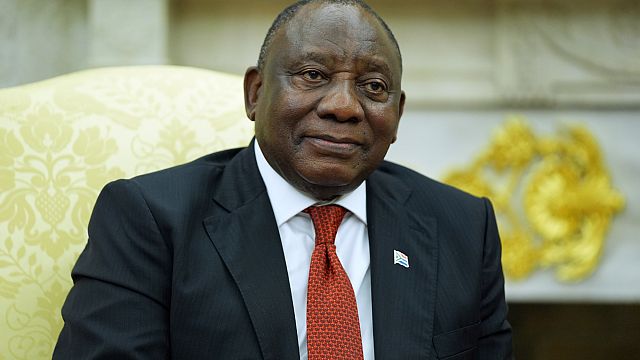South Africans are rallying behind President Cyril Ramaphosa in the aftermath of a high-stakes encounter with U.S. President Donald Trump at the White House. The meeting, marked by Trump’s unsubstantiated claims of a “white genocide” in South Africa, sparked a wave of support for Ramaphosa back home. Trump accused South Africa’s Black-led government of targeting white farmers through land seizures and racially motivated violence, assertions that experts and human rights groups have discredited.
In response to Trump’s accusations, Ramaphosa chose a diplomatic approach, delegating renowned South African figures like Ernie Els and Retief Goosen to present a more accurate representation of the country. Johannesburg residents commended Ramaphosa’s composed and strategic response, contrasting it with what they perceived as Trump’s lack of depth and historical understanding.
The controversial chant, “Kill the Boer, Kill the Farmer,” often misunderstood in international contexts, emerged as a focal point in discussions about racial tensions post-apartheid. Trump’s repeated allegations of anti-white and anti-American policies in South Africa have faced backlash domestically and internationally for exacerbating divisions.
During the White House meeting, Ramaphosa emphasized that the narrative of white genocide is not only false but also perilous. He highlighted his administration’s commitment to fostering reconciliation and inclusive progress in a nation still recovering from the scars of apartheid. Despite the strides made since the end of apartheid in 1994, economic and racial disparities persist, underscoring the ongoing journey toward national unity and equal rights.
The exchange between the two leaders reignited conversations about race relations in South Africa and the global perception of its land reform initiatives. Ramaphosa’s poise amidst pressure served as a testament to the progress achieved and the challenges ahead. South Africans praised his unwavering stance in defense of the country’s narrative and trajectory, emphasizing the importance of standing firm in the face of external scrutiny and misinformation.

